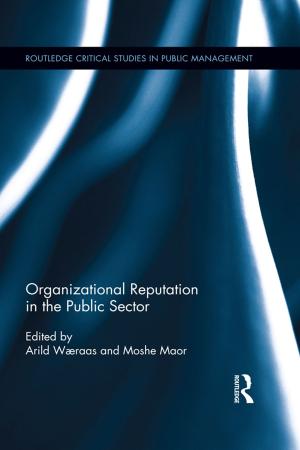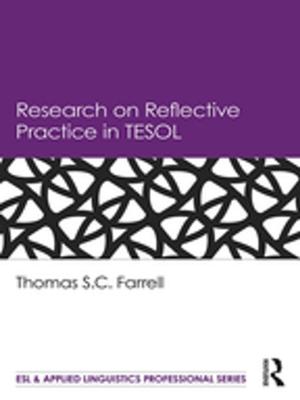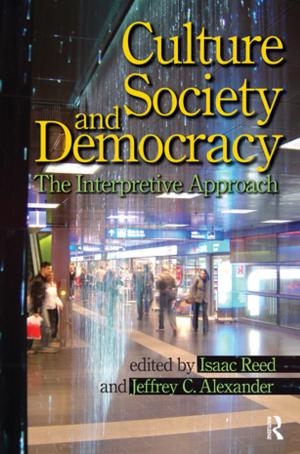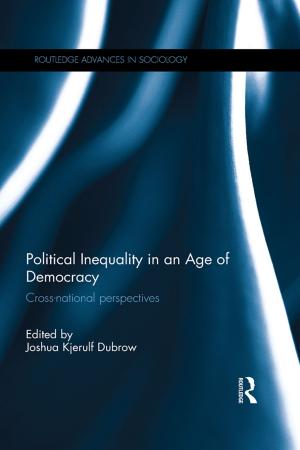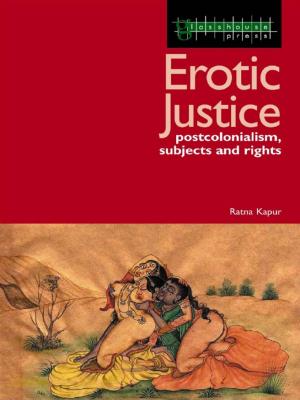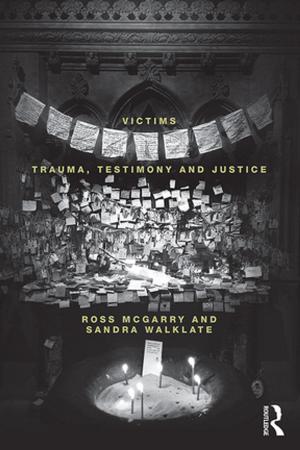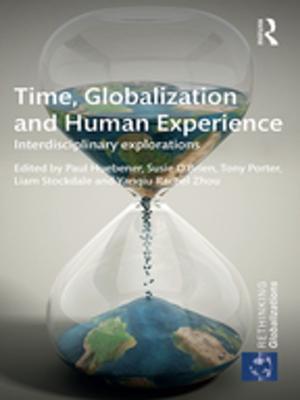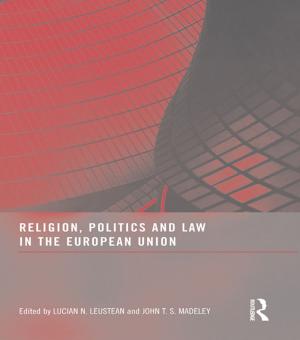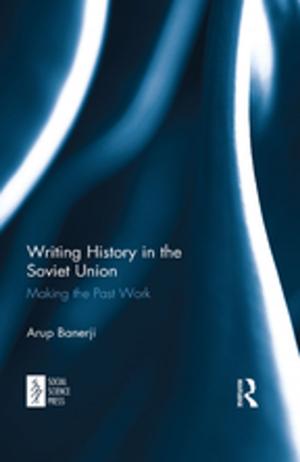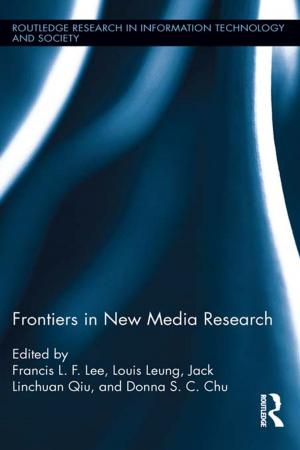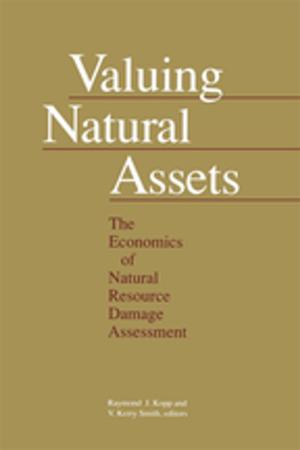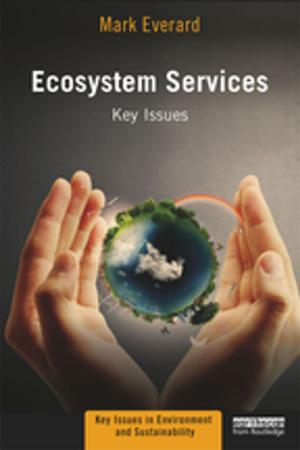Visual Spatial Enquiry
Diagrams and Metaphors for Architects and Spatial Thinkers
Nonfiction, Art & Architecture, Architecture, Methods & Materials, Planning| Author: | ISBN: | 9781351726153 | |
| Publisher: | Taylor and Francis | Publication: | December 7, 2018 |
| Imprint: | Routledge | Language: | English |
| Author: | |
| ISBN: | 9781351726153 |
| Publisher: | Taylor and Francis |
| Publication: | December 7, 2018 |
| Imprint: | Routledge |
| Language: | English |
Visual Spatial Enquiry explores visual and textual ways of working within spatial research. Architects and spatial thinkers from the arts, social sciences and humanities present rich case studies from remote and regional settings in Australia to the suburbs of Los Angeles, and from gallery and university settings to community collaborations in Mongolia. Through these case studies the authors reappraise and reconsider research approaches, methods and processes within and across their fields.
In spatial research diagramming can be used as a method to synthesise complex concepts into a succinct picture, whereas metaphors can add the richness of lived experiences. Drawing on the editors’ own architectural backgrounds, this volume is organised into three key themes: seeing, doing and making space. In seeing space chapters consider observational research enquiries where developing empathy for the context and topic is as important as gathering concrete data. Doing space explores generative opportunities that inform new and innovative propositions, and making space looks at ways to rethink and reshape spatial and relational settings.
Through this volume Creagh and McGann invite readers to find their own understandings of the value and practices of neighbouring fields including planning, geography, ethnography, architecture and art. This exploration will be of value to researchers looking to develop their cross-disciplinary literacy, and to design practitioners looking to enhance and articulate their research skills.
Visual Spatial Enquiry explores visual and textual ways of working within spatial research. Architects and spatial thinkers from the arts, social sciences and humanities present rich case studies from remote and regional settings in Australia to the suburbs of Los Angeles, and from gallery and university settings to community collaborations in Mongolia. Through these case studies the authors reappraise and reconsider research approaches, methods and processes within and across their fields.
In spatial research diagramming can be used as a method to synthesise complex concepts into a succinct picture, whereas metaphors can add the richness of lived experiences. Drawing on the editors’ own architectural backgrounds, this volume is organised into three key themes: seeing, doing and making space. In seeing space chapters consider observational research enquiries where developing empathy for the context and topic is as important as gathering concrete data. Doing space explores generative opportunities that inform new and innovative propositions, and making space looks at ways to rethink and reshape spatial and relational settings.
Through this volume Creagh and McGann invite readers to find their own understandings of the value and practices of neighbouring fields including planning, geography, ethnography, architecture and art. This exploration will be of value to researchers looking to develop their cross-disciplinary literacy, and to design practitioners looking to enhance and articulate their research skills.



